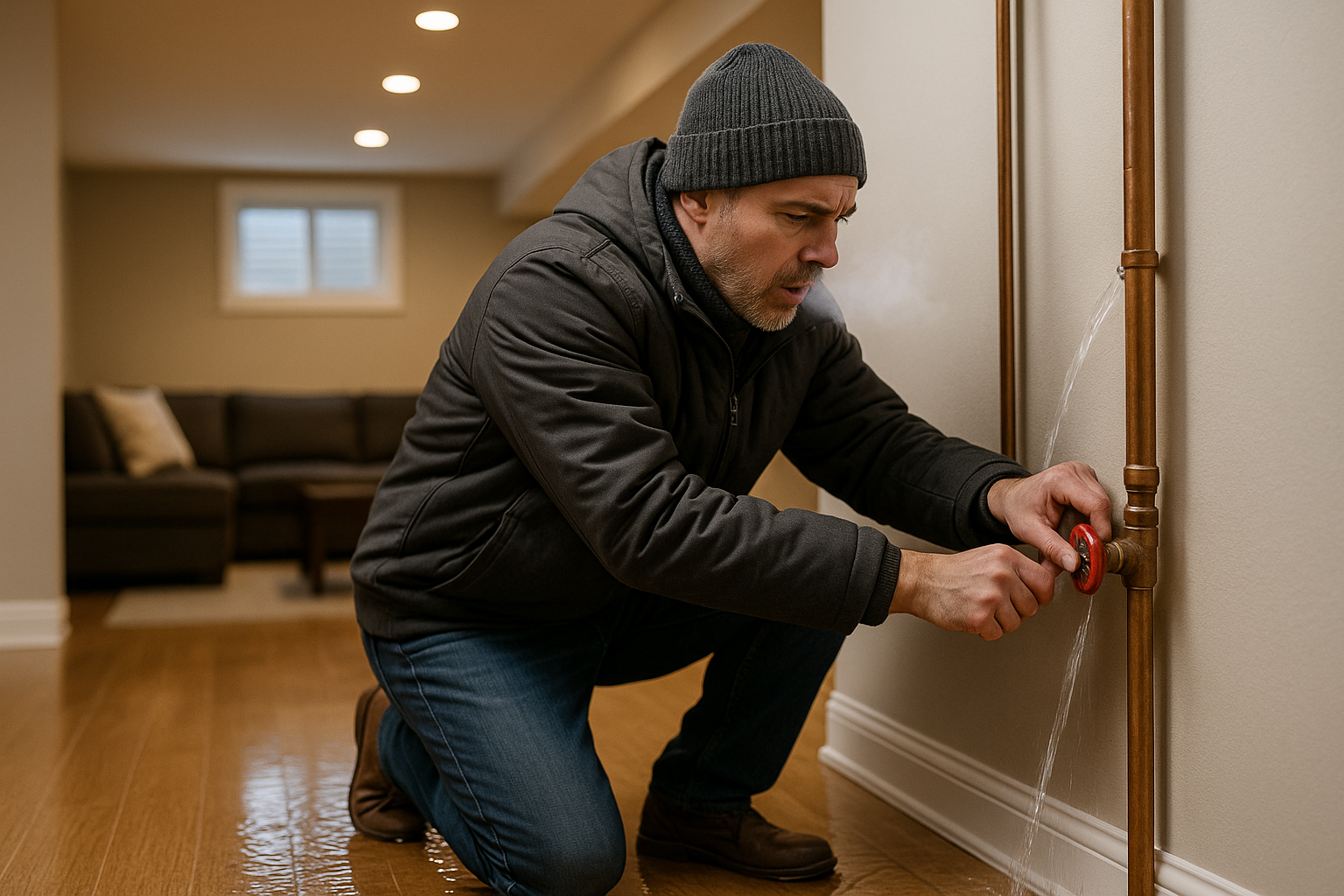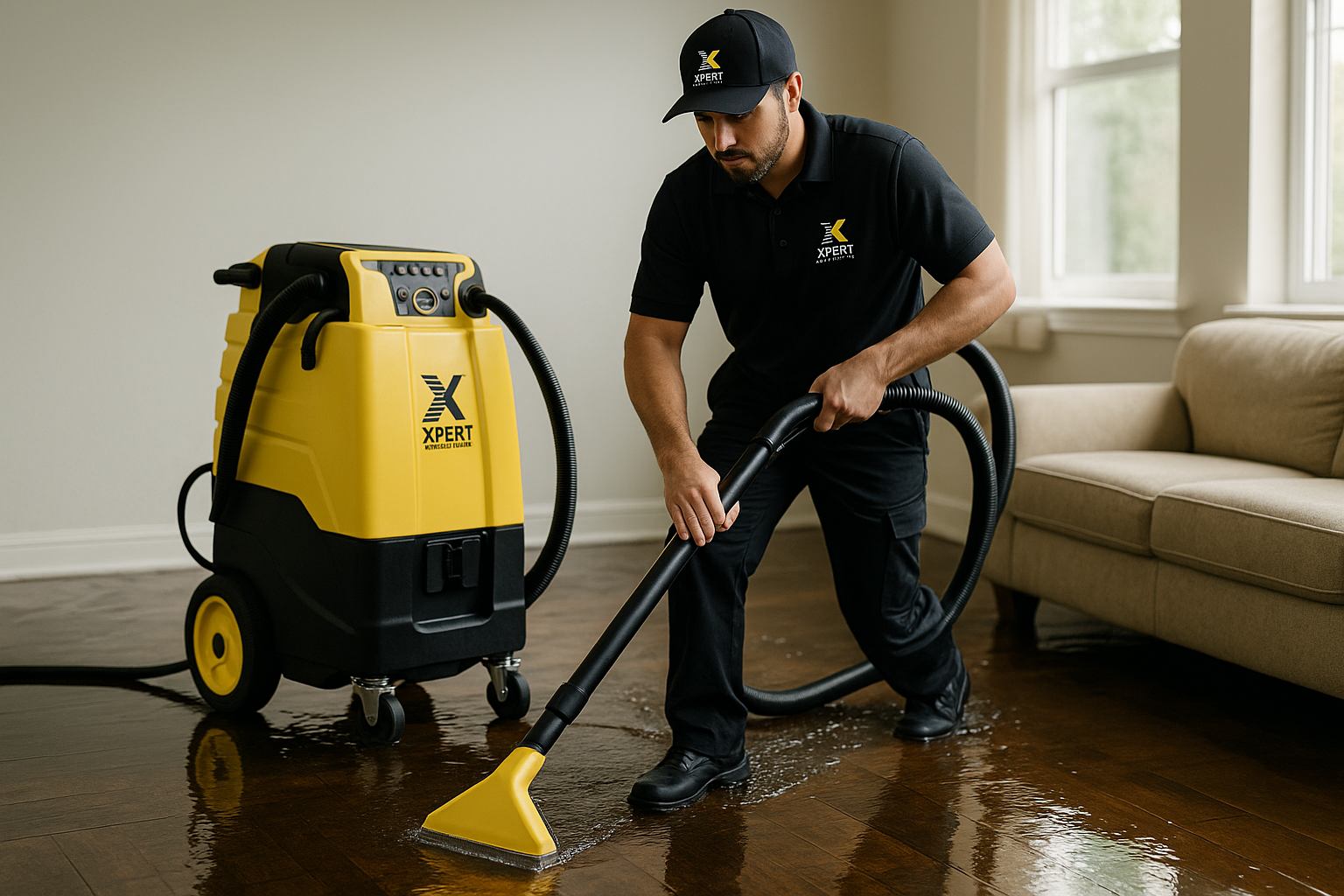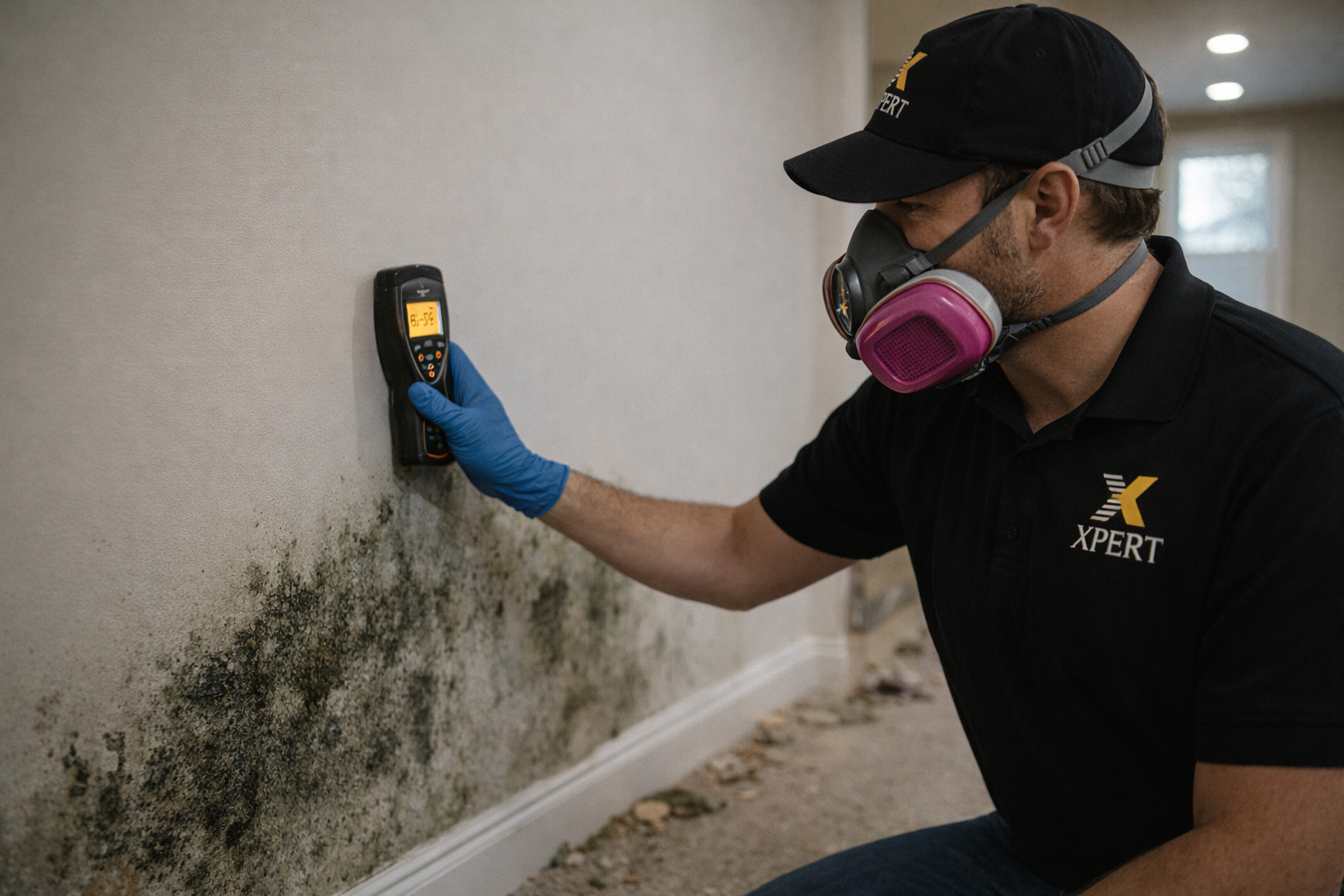When and How to Invoke the Appraisal Clause in an Insurance Dispute
A practical guide for Illinois homeowners facing low offers, delayed decisions, or claim disagreements

Why the Appraisal Clause Exists
Most homeowners think the insurance claim process ends when the adjuster gives their estimate. In reality, that estimate is only the beginning. Disagreements over the cost of repairs are extremely common. Maybe the insurer says you only need partial replacement while your contractor’s estimate shows full replacement. Maybe the adjuster missed hidden smoke damage or did not account for code upgrades. This is where the appraisal clause becomes one of the most powerful tools in your policy.
The appraisal clause is written into most property insurance policies. It allows both sides to bring in independent professionals to determine the true value of the loss. This process is often faster than filing a lawsuit and can help resolve disputes without prolonged arguments or delays.
What the Appraisal Clause Actually Covers

The appraisal clause is designed to resolve disputes about the amount of loss. It does not decide coverage. It does not determine whether something is excluded. It does not decide if the insurer must pay. It only answers one question: what is the true value of the damage.
What Appraisal Is For
- Differences in repair estimates
- Disagreements over scope
- Disputes about pricing
- Conflicts over replacement versus repair
- Arguments about labor and material costs
What Appraisal Does Not Decide
- Whether the insurer should cover the loss
- Policy exclusions
- Cause of loss Liability
- Anything related to coverage decisions
Appraisal is a valuation process. Coverage is a separate issue.
When You Should Consider Invoking the Appraisal Clause
Appraisal is not the first step. It is the escalation step when the insurer’s offer does not match the actual damage or the scope of work required. Here are situations where appraisal makes sense.
Clear Underpayment
The insurer’s estimate is significantly lower than your contractor’s estimate, and discussions with the adjuster have stalled.
Disagreement About Scope
The insurer might offer repairs when your contractor says replacement is required. Appraisal professionals evaluate facts and document the correct approach.
Hidden Damage Not Accounted For
Water, fire, and smoke often cause damage behind walls, ceilings, and structural materials. If the insurer refuses to update or expand the scope, appraisal gives you a path forward.
Endless Delays or “We Will Review It Again” Responses
If the insurer keeps pushing the timeline without meaningful progress, appraisal can force the issue.
When You Need a Neutral Third Party
Appraisers are independent. They bring experience in construction, restoration, and estimating. This removes emotion and bias from the dispute.
How the Appraisal Clause Works Step by Step

The appraisal process is straightforward once you know how it works. Most policyholders do not invoke it because they do not realize how simple it is.
Step One: You Make a Written Demand for Appraisal
Policies require a written request. This can be sent by email or certified mail. You notify the insurer that you disagree with the amount of loss and are invoking appraisal under the policy.
Step Two: Each Side Selects an Independent Appraiser
You choose your own appraiser. The insurance company chooses theirs. These people negotiate the valuation.
Your appraiser cannot be your contractor and cannot be someone who benefits financially from the outcome. Choose someone who knows restoration, estimating, and Illinois claim standards.
Step Three: The Two Appraisers Choose an Umpire
If your appraiser and the insurer’s appraiser agree on the value of the loss, the process ends. If they disagree, they select an umpire. The umpire is a neutral third party who reviews evidence and makes the final decision if the two appraisers cannot reach a settlement.
Step Four: A Final Award Is Reached
Once the appraisers or the umpire agree, the decision is binding. The insurer must pay the awarded amount according to the policy terms.
What Appraisal Costs and Who Pays
Both sides pay their own appraiser. The cost varies depending on the size of the loss and the complexity of the dispute.
If an umpire becomes necessary, both sides share that fee equally.
For large losses, appraisal is still often cheaper than litigation and resolves the dispute much faster.
How Appraisal Protects Homeowners in Illinois
The appraisal clause prevents insurers from unilaterally deciding the value of your loss. When used correctly, it levels the playing field.
Appraisal ensures:
- A neutral evaluation
- A documented assessment
- A faster path to a resolution
- A binding decision not controlled by the insurer
- Real protection when offers are unreasonably low
When Appraisal Is Not the Best Option
Appraisal does not solve everything. There are situations where it may not help.
Coverage Disputes
If the insurer says the loss is excluded or denies the claim entirely, appraisal cannot fix that.
Claims Involving Liability or Cause of Loss
If the insurer argues that the damage came from neglect, long term wear, or another non covered cause, appraisal cannot override that decision.
When Legal Support Is Needed
If the insurer is acting in bad faith, delaying without reason, or violating Illinois claim handling rules, you may need legal involvement rather than appraisal.
How Homeowners Should Prepare Before Invoking Appraisal

Preparation strengthens your case and makes the process smoother.
- Document everything
- Get a detailed estimate from your restoration contractor
- Keep photos and videos
- Save receipts
- Create a timeline of events
- Record all communication with the insurer
- Organize all documents before sending your appraisal demand
How Restoration Companies Can Support the Homeowner
Restoration professionals can help by preparing strong documentation.
- Prepare a clear, detailed estimate
- Document the full scope of damage
- Provide photos, measurements, and readings
- Identify safety issues and code upgrades
- Explain hidden damage the insurer may not have included
- Help homeowners understand when the insurer’s scope is inadequate
Final Thoughts
The appraisal clause is one of the most powerful tools in an insurance policy. It protects homeowners when insurers undervalue losses or drag out the claim process. When used correctly, it resolves disputes quickly and fairly and helps ensure that property owners receive the full and proper restoration they are entitled to.
If an offer feels too low or the insurer keeps delaying, appraisal may be the best path forward. Document everything, understand your rights, and do not settle for less than full restoration.







